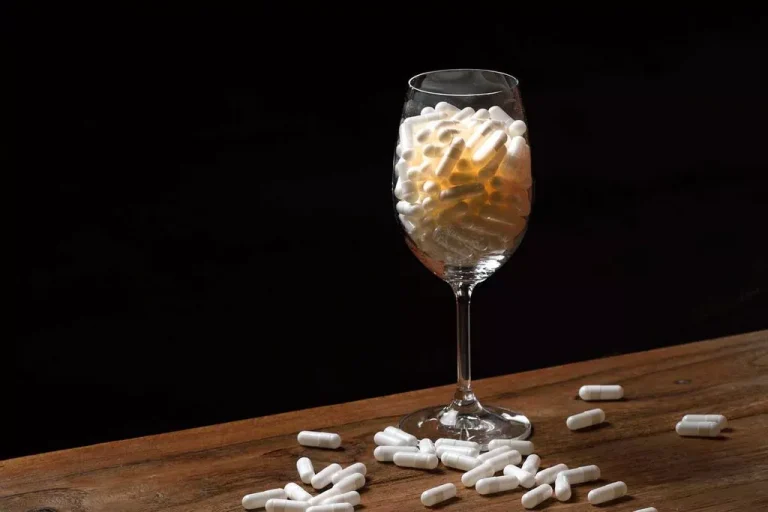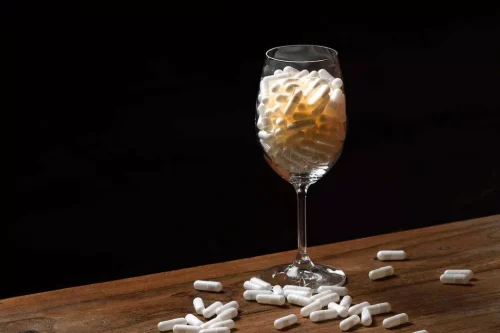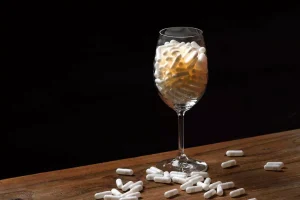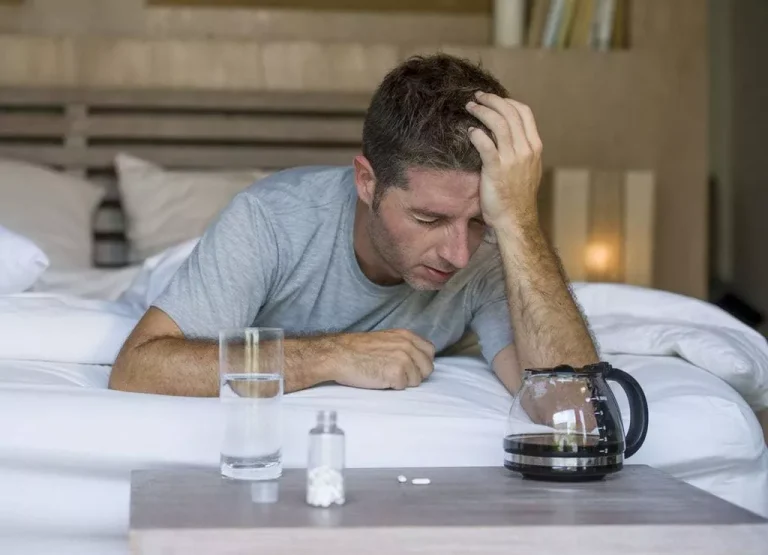
Many people do use other substances to cope with depression, the experts I’ve spoken to all note. “But the thing with alcohol is, it is legal in much of the world. The use of medication to treat an alcohol use disorder and a major depressive disorder depends entirely on the individual and their circumstances.
The 13 Best THC Drinks (And Drink Mixes) to Catch a Cool Buzz

By following safe drinking guidelines, you can help reduce your risk for depression as well as other hangover symptoms. But regularly drinking more alcohol than these guidelines recommend can pose a number of health risks, including depression. If you wake up feeling miserable after a night of drinking, you don’t have to wait it out. Here are a few strategies to help you lift your spirits in the moment. Alcohol can affect the areas of your brain that help regulate emotions. You might start drinking in order to forget what’s on your mind, but once the initial boost begins to wear off, you might end up wallowing in those feelings instead.

Health Categories to Explore
If you tend to rely on alcohol to ease anxiety in social situations, for example, you might never address the underlying causes of your discomfort. As a result, any troubles you’re facing, from work stress to relationship issues, may get worse. You might begin drinking more regularly in order to feel better or forget about does drinking make your depression worse those unwanted emotions and memories. Alcoholics anonymous (AA) and alcohol treatment centers offer classes and support group meetings. In these, you can also find support from others in the same situation. In addition, your doctor may prescribe medicines that are meant to lower alcohol cravings, which can reduce your desire to drink.
Here’s What Happens When You Take Dexies on a Night Out

The more you drink the greater your tolerance for alcohol, meaning you need to drink more alcohol to get the same feeling. If you rely on alcohol to mask feelings of depression, you may find you become reliant on it – putting you at risk of alcohol dependence. For some people alcohol can be a trigger for suicidal thoughts too. If you experience symptoms of depression for most of the day, every day, for a few weeks, the NHS advises you to contact your GP surgery to get help. And if you’re worried about your drinking, there are alcohol support services that can help.


But even low amounts of daily drinking and prolonged and heavy use of alcohol can lead to significant problems for your digestive system. In reality, there’s no evidence that drinking beer (or your alcoholic beverages of choice) actually contributes to belly fat. With continued alcohol use, steatotic liver disease can lead to liver fibrosis. Eventually, you can develop permanent and irreversible scarring in your liver, which is called cirrhosis. Stressful life circumstances that trigger depression or anxiety can lead to self-medicating with alcohol or drugs.
Statistical analysis
- People with depression and anxiety might use alcohol to help ease symptoms, but excessive alcohol use can also worsen your mental health.
- Over time, you may build up more tolerance to alcohol and need increasing amounts to feel relief from depression.
- Addiction is similarly distressing for the individual and their families.
Long-term alcohol use can change your brain’s wiring in much more significant ways. Ways that your standard hangover cures won’t even begin to touch. When you drink too much alcohol, it can throw off the balance of good and bad bacteria in your gut. That’s because your body already has processes in place that allow it to store excess proteins, carbohydrates and fats. So, your system prioritizes getting rid of alcohol before it can turn its attention to its other work.
Risks of Alcohol/Antidepressant Interactions
Cirrhosis, on the other hand, is irreversible and can lead to liver failure and liver cancer, even if you abstain from alcohol. If alcohol continues to accumulate in your system, it can destroy cells and, eventually, damage your organs. Your liver detoxifies and removes alcohol from your blood through a process known as oxidation.
“Your best bet is to drink moderately, space out your drinking, drink a lot of water while you’re drinking, drink on a full stomach, not an empty stomach, and have non-alcoholic drinks available,” says Koob. Unfortunately, despite all the strongly marketed products out there, there’s no scientific evidence that any hangover remedies will actually work, he adds. Really, the best way to not have to deal with any hangover symptoms, whether that’s nausea, a headache, or drinking depression, is to avoid drinking so much in the first place. Check out these no-alcohol drinks that taste like the real thing (and won’t give you a hangover). Having both depression and an alcohol use disorder is common.